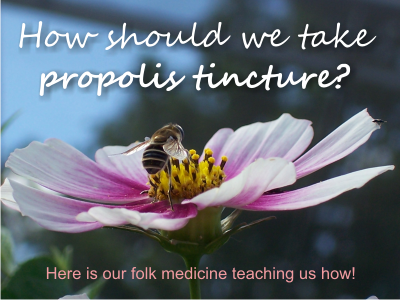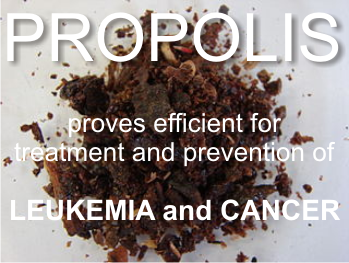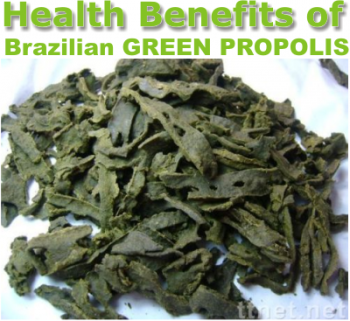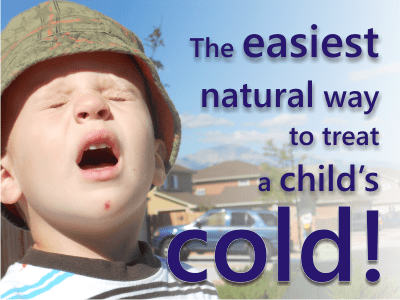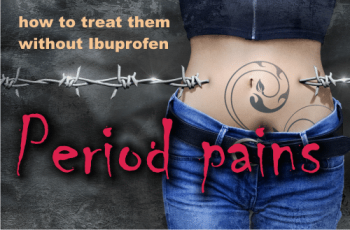Ok, it’s the Do-It-Yourself time now, it’s funny, it’s eco, it’s cheaper. It’s something we can take pictures of, make a brilliant collage, post on Pinterest and get credit for! And boy, are we proud of ourselves, or not?!
But when this product is on the market, at a click distance from your hand, cheap in some places and more expensive in others, yet, there with all explanations, why would we want to make propolis tincture at home?
The best answer that comes to me is that we can get propolis for free, or at a very cheap price, from a beekeeper we know. A relative, friend, neighbor, it doesn’t matter. Once we have it, all we need is some ethanol and a dark bottle. It doesn’t take long to macerate in there, is not like making mead.
But we’ll take them one step of the time, and see what kind of propolis tincture do we need.
There are 3 ways of preparing propolis tincture: in ethanol, glycol and olive oil. And we can also make a water extract.
Tinctures prepared in glycol and olive oil are better for skin and cosmetic applications.
Ethanol is the best solvent for extracting the bioactive substances (balsam) and can be used internally.
Ethanol tincture
What is ethanol?
Alcohol. Also known as spirits, ethyl alcohol, and drinking alcohol, is the principal type of alcohol found in alcoholic beverages, produced by the fermentation of sugars by yeasts. It’s colorless, clear, volatile, flammable liquid, hygroscopic, miscible with water and with methylene chloride. It burns with a blue, smokeless flame. Boils at about 78°C.
To make propolis tincture, your ethanol (96 percent) must comply with the requirements of the 3rd edition of the European Pharmacopoeia.
It’s very hard to find this type of alcohol in online shops, and if you do find it, it’s really expensive. You better look for organic ethyl alcohol at your store, or you can even use 90% vodka, if you have that kind of stuff. In the country people often make their own vodka-like drinks, which are usually up to 70%, and use them to make herbal tincture. And of course, propolis tincture.
Who studied how to make ethanol tinctures?
There has been lots of studies on the best method and conditions, but it is in fact about the same propolis that has to be macerated. All the studies try to determine the best method of extraction and the necessary time.
The methods: Besides maceration, there are other extraction methods, like: Soxlett, ultrasound or microwave or differential extraction. To use this methods we need specific equipment and cannot be done at home.
The time needed to macerate the propolis can vary a lot, from 3 days to 1 year. It depends a lot on the extraction time, extraction method, on the solvent composition, on the propolis concentration and on the size of the propolis particles. We can get a shorter time with higher temperatures, as they increase the extraction power. Unfortunately ethanol is highly volatile, so the best temperature remains our room temperature, somewhere between 20° and 25° C (68° – 77° F).
1. Tikhonov and coworkers came up with a semiindustrial method of differential extraction for optimal and reproducible extraction of propolis. They studied poplar propolis and found that its phenolics are best extracted using 95% ethanol with propolis in small size particles of 0.5-1 mm. After 3 days of maceration, the extraction is complete.
2. Cunha et al. used green propolis with 70% ethanol. The maceration of 20 g pf propolis in 100 ml of ethanol was cpmplete in 30 days. (though there was no statistical difference between the extractions of 10 and 30 days.)
3. Mello, B C et al., in 2012, made another study that confirmed extraction of Baccharis propolis (green) in 5 days.
The amount of balsam (bio-active, ethanol soluble part of propolis) that can be dissolved is generally not been exactly determined. the percentage of propolis indicates how much raw was originally macerated with propolis. Until 50 % ethanol tinctures are sold on the market.
How to make ethanol tincture:
1. Place propolis in freezer and break it in small pieces or mill it to powder for a better solubility. The propolis we use should be pure. Remove coarse debris and excessive wax.
2. Put the powder in a dark bottle and add the alcohol. Add 100 g propolis to 400 ml 70% ethanol (for a 20 % tincture). Shake well.
3. Store vessel in the dark for about two weeks, shaking occasionally. More than 2 weeks brings only a small improvement of yield.
4. Filter through a paper filter (coffee filter will do) and store tincture closed in a clean dark vessel. If vessel is not brown or reddish, store in the dark, or pack vessel in aluminium foil.
5. Ethanol-free propolis can be made by evaporating the ethanol in a water bath. The remaining pure balsam can be mixed to honey.
Sosnowski claims that the antioxidant properties of the propolis extract from concentrated ethanol or diluted ethanol are the same.
 Propylene Glycol tincture
Propylene Glycol tincture
What is Propylen glycol?
Propylene glycol is a viscous colorless liquid almost odourless, but with a faintly sweet taste. It is used in food processing as E1520 and in producing polymers. Compared to ethanol, glycol can dissolve less propolis, only like 20g per 100 ml glycol. Yet, glycol tinctures are highly antioxidant and can be used in skin protection.
We can find glycol in our online shops, Amazon included, where there are trustful products like this one here: Propylene Glycol – Food Grade USP – 1 Quart (32 Oz.).
How to make glycol tincture (for external use)
We should follow the same steps as with ethanol tincture. Add 10 grams of powdered propolis to 100 ml propylene glycol and let it macerate for 2 to 4 weeks. Filter and store.
Higher propolis concentration can be achieved by evaporation of ethanol tinctures and replacing ethanol by glycol.
Usually, a 30% propolis solution is used for wound and burn treatments.
This solution is better for use as mouth and nose sprays.
This solution is only for external use.
 Olive oil propolis tincture
Olive oil propolis tincture
While it’s the most easiest method of all, olive oil does not extract enough propolis. Only about 5 g propolis per 100 ml can be dissolved.
More propolis can be dissolved by adding 96% ethanol (again!)
EG: propolis 30 g, olive oil 70 ml, ethanol 96% 60 ml.
 Propolis water extracts
Propolis water extracts
In 2011, at an international symposium of inventions, held in Warsaw, a Romanian invention obtain Silver Medal IWIS 2011 (and then Silver Medal at the International Exhibition of Inventions in Seoul in 2011, and Gold Medal at the International Exhibition of Inventions in Croatia in 2012), for a revolutionary and complex procedure of propolis extraction. The procedure offers a suspension of propolis in water, that brings together both principles: water solubility and alcohol solubility.
The resulted product is called “PROPOLIS ESSENCE” (Romanian: Esenta de propolis), it’s 100% natural, contains water and propolis 30% and can be given even to children! (as it is alcohol free). The Romanian Apitherapy Society recommends a dosage of 1 to 3 drops/kg body/day.
The product is easy to find in Romania’s naturist shops, but there are also online shops that sells it worldwide. Here is an example. I’m sure there are others, if you don’t manage to buy from here, leave me a message, and I will try to find the best for you.
As for the old water extracts made by now, we must keep in mind that they are able to extract only the hydrosoluble components of propolis, so this is completely different than the ethanol tinctures. (Read here more on propolis composition.)
Water extract after Ludyanski:
– 300 ml of water is poured in a pan over 30 g propolis, cut in small pieces.
– Close pan and boil gently for 40-45 min.
– Cool down, collect wax from the surface and decant supernatant (#1)
– Add a new portion of 30 g propolis pieces to remaining precipitate in the pan and 300 ml of cold water.
– Boil gently for 10-15 minutes
– Cool down, collect wax from the surface and decant supernatant into vessel with supernatant #1, to give about 500-600 ml of propolis water extract.
Simple extraction with water:
– Add 50 g of propolis to 100 ml of water
– Boil for 60 minutes
– Cool down to room temperature and filter
This water is ready for drinking. It has antifungal and antibacterial effect, besides other known biological effects. Keep in a dark place.
Related articles:
==================
==================
References and further reading:
The Propolis Book, Bee Product Science, www.bee-hexagon.net, February 2014
SERRA BONVEHI, J; LACALLE GUTIERREZ, A (2012) The antimicrobial effects of propolis collected in
different regions in the Basque Country (Northern Spain). WORLD JOURNAL OF MICROBIOLOGY &
BIOTECHNOLOGY 28 (4): 1351-1358.
http://www.distill.com/specs/UK.html
SOSNOWSKI, Z (1983) Method for extracting propolis and water soluble dry propolis powder. United States Patent 4382886

